Jackie Chan Net Worth
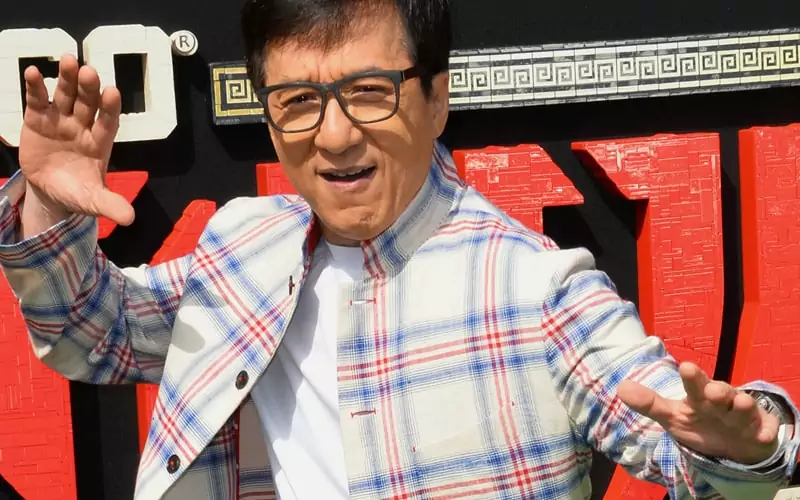
Jackie Chan, a renowned Hong Kong actor and stuntman, is best known for his roles in The Karate Kid, Police Story, and the Rush Hour movie franchise. Since starting his career in entertainment in the 1960s, Chan has starred in more than 138 movies and television series.
However, his success extends far beyond what we see on the big screen. Jackie Chan’s net worth has also been significantly impacted by his multiple production companies, directing work, clothing line, gyms, restaurants, real estate investments, and more. Explore his most successful projects and follow his remarkable career from his start in the industry until now.

Early Life
Jackie Chan was born on April 7, 1954, in British Hong Kong. His given name is Chan Kong-sang, and he was called Pao-pao as a child because of his high energy.
Chan’s parents, Charles and Lee-Lee Chan, were employed by the French ambassador in Hong Kong. Because of this, Chan spent his early childhood mostly around the Victoria Park residence of the Consul.
Chan attended Nah-Hwa Primary School for a while, but his parents took him out when he performed poorly during the first year. Later on, Chan attended the Peking Opera School’s China Drama Academy, which Yu Jim-yuen ran. Here, his interest and talent in acting and martial arts both flourished.
Chan continued training until he qualified for the Seven Little Fortunes, an elite group of the best students in the school. Eventually, Chan achieved the black belt in hapkido under the training of grandmaster Jin Pal Kim.
Next, in 1971, Chan moved to Canberra, Australia, where his parents had earlier relocated. He attended Dickson College and found a job as a construction worker. Here, he was called Little Jack, which later became Jackie.
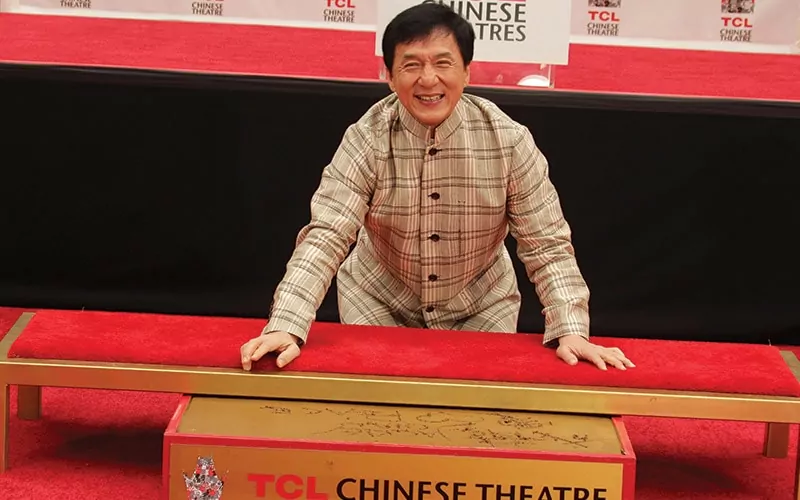
Acting Career
Jackie Chan’s acting career began when he was a young child. In 1962, when he was eight, Chan first appeared in the film Big and Little Wong Tin Bar. Several minor roles followed in the following years, and he was signed to the Great Earth Film Company by the next decade.
In the 1972 Bruce Lee film Fist of Fury, Chan worked as a stunt double for the main antagonist, played by Japanese actor Riki Hashimoto. He was also an extra in Enter the Dragon in 1973, which was technically his Hollywood debut. Chan continued doing stunt work in dozens of other films through the 1970s.
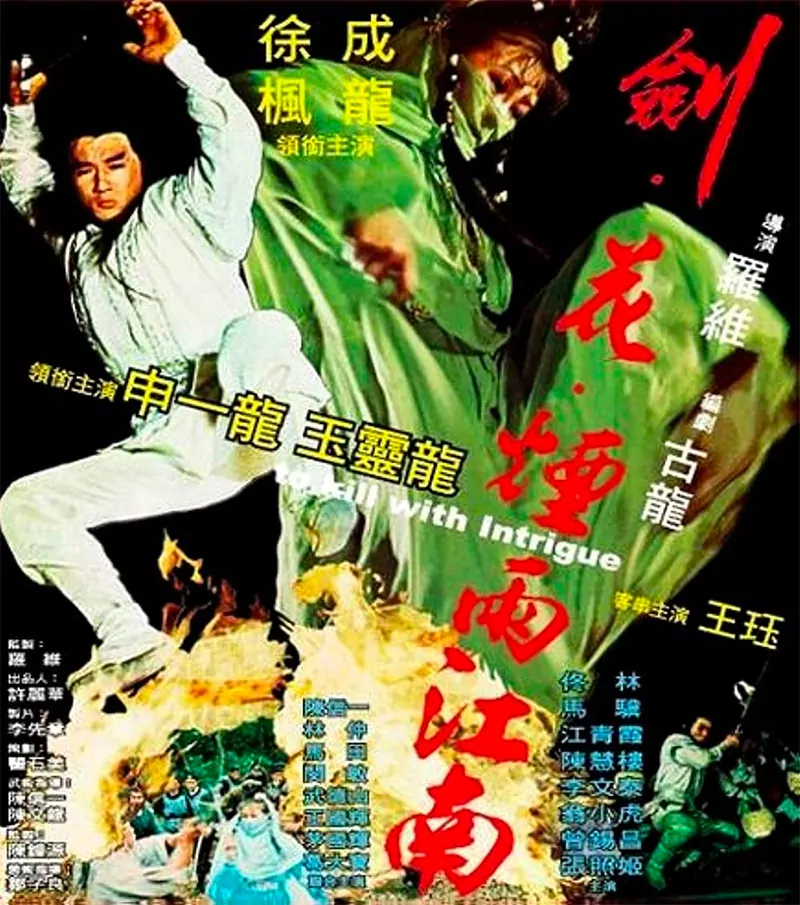
Early Projects
Chan’s first starring role, where he was credited under the name Cheng Lung, came in the Lo Wei-directed film To Kill with Intrigue in 1977. It was patterned after the style of Bruce Lee, which Chan was not used to. Unfortunately, the movie was not a success.
The following year, Chan starred in Snake in the Eagle Shadow. The director Yuen Woo-ping gave him freedom in how he did his stunts, and Chan’s style proved to be a hit with audiences.
Following this, Chan took center stage in Drunken Master, once again under the skillful guidance of Woo-ping. This film would be a huge success for Chan, propelling the martial artist to mainstream fame.
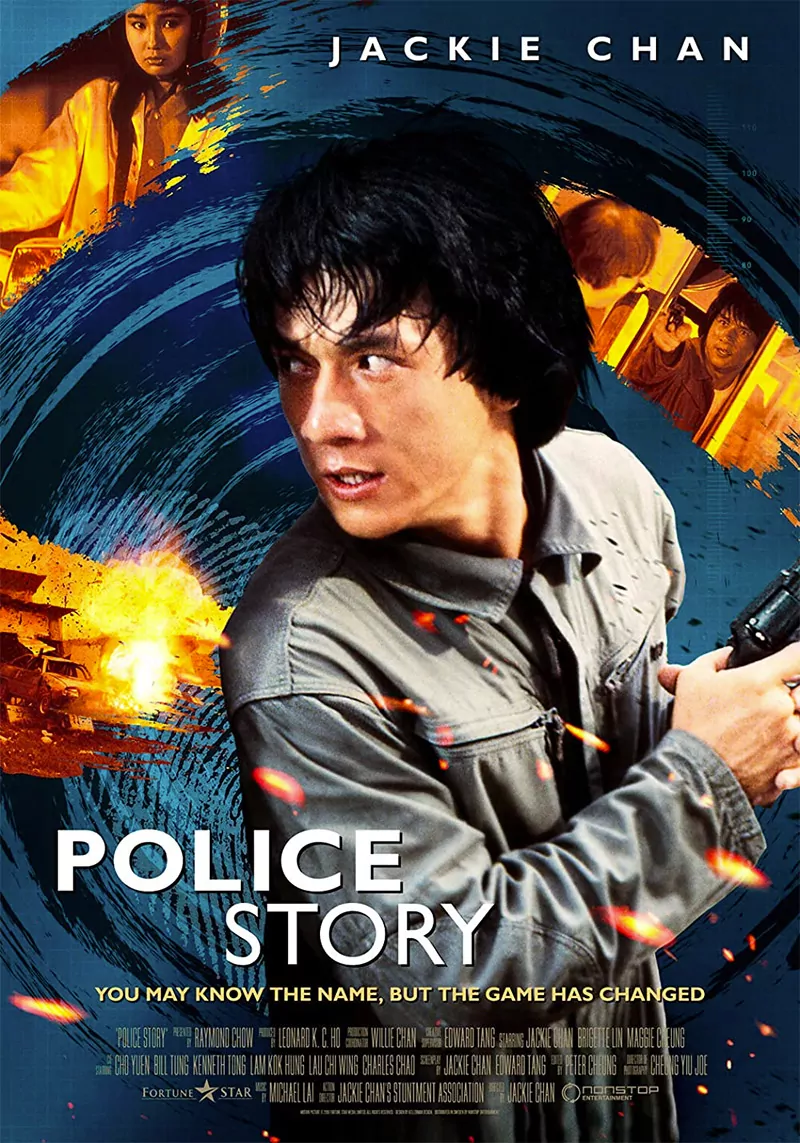
Police Story
In 1985, Chan starred in and directed the crime film Police Story. The stunts performed were quite dangerous, but Chan did them himself. The film won Best Film at the Hong Kong Film Awards.
Not to mention the movie was also a massive big box office success in Hong Kong, spawning three sequels that were all domestic blockbusters. Sadly, the films did not perform as well outside of Hong Kong market.
Rumble in the Bronx
In 1995, Chan started attracting western audiences’ interest in Rumble in the Bronx. With a budget of $7.5 million, the film surprisingly earned $9.9 million in ticket sales on opening weekend alone.
The movie went on to make a total of $32.4 million from theaters around the world. The flick was also a sizable boost to Jackie Chan’s net worth, as his reported salary for the project was $4 million.
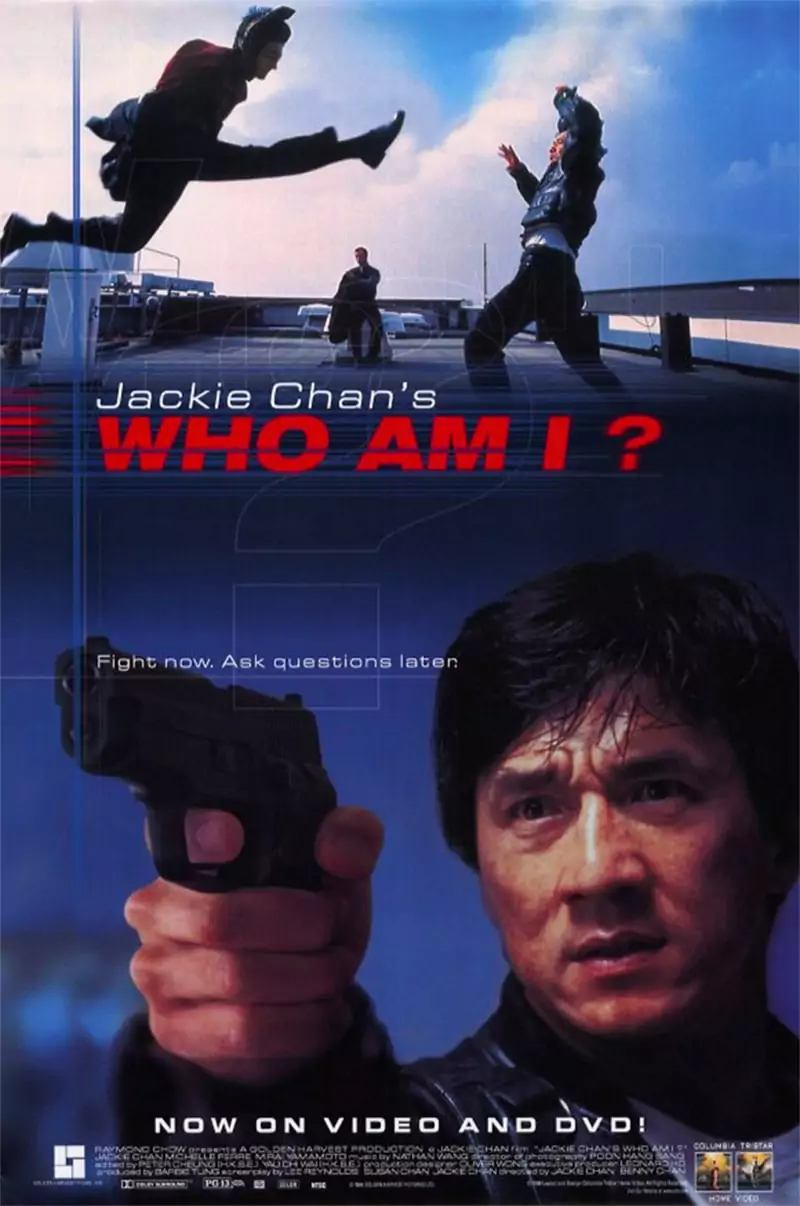
Who Am I
In 1998, Chan directed and starred in the action comedy Who Am I? It was filmed in English, but it was not released in the United States in theaters. However, it performed tremendously well in Hong Kong, not only at the box office but among critics as well.
At the 18th Hong Kong Film Awards, it was nominated for five major awards, with Chan winning the trophy for Best Action Choreography.
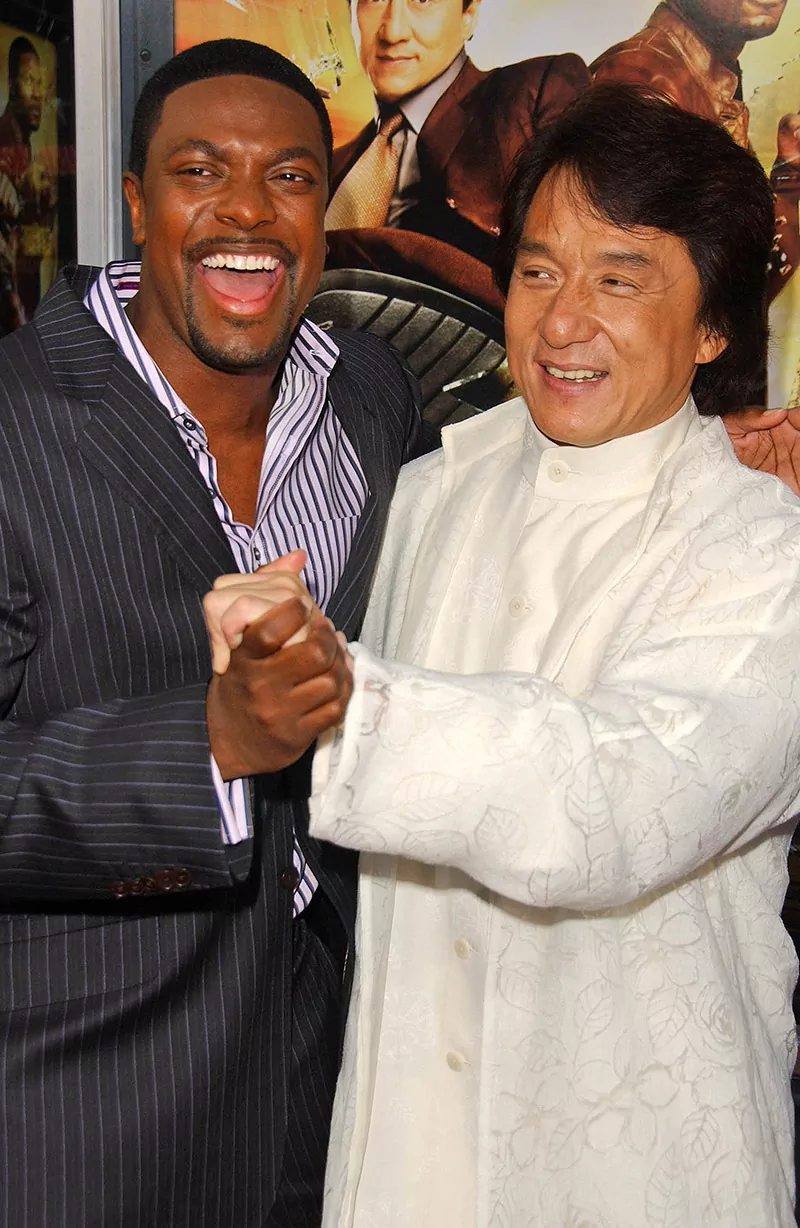
Rush Hour Movies
Chan was elevated to Hollywood A-list status after co-starring with Chris Tucker in the Rush Hour movies. The franchise’s first film, Rush Hour, was released in 1998 and quickly earned $33 million on opening weekend. This was already more than the $33 million production budget for the film. It went on to rake in $244.7 million in gross revenues worldwide.
With the massive success of the first film, a sequel was green-lighted for 2001. The second film would be a massive boost for Jackie Chan’s net worth, as he received a salary of $15 million and a percentage of the film’s gross earnings. And with global ticket sales of $347.3 million on a budget of $90 million, the film was an even larger success than the first film.
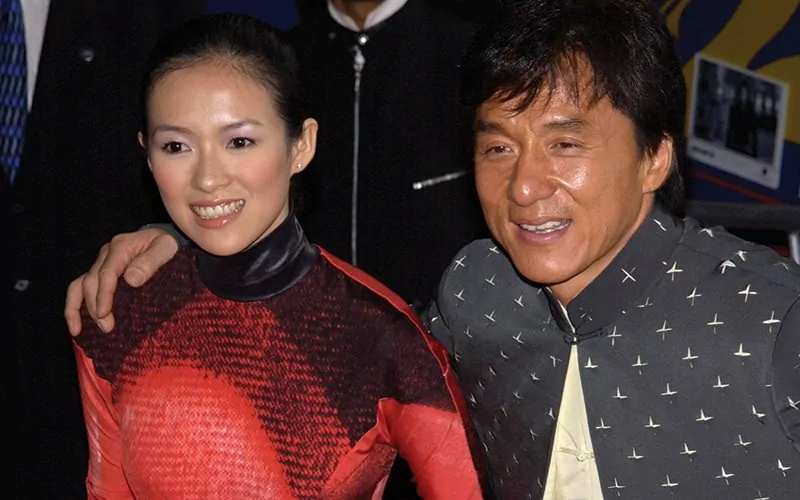
For the third film, Chan got a similar deal, again getting a $15 million paycheck for his acting work and an additional 15% of the ticket sales. This translates to a sizeable payday for Chan after the movie made $258.1 million at the box office, against a budget of $140 million.
In between the release of the second and third films, Chan also worked on a number of films, including Around the World in 80 Days in 2004. The adventure comedy earned him $20 million in acting salary.
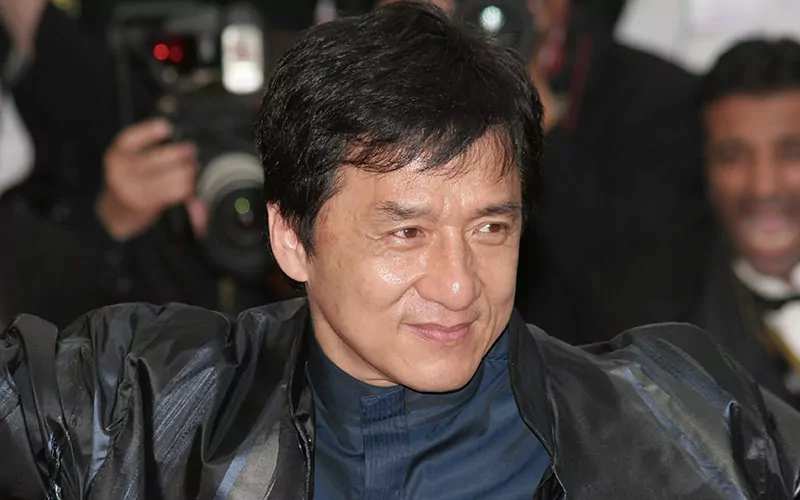
Kung Fu Panda Movies
There is no doubt that the Rush Hour movies catapulted the Hong Kong-born actor to western fame. However, it was the Kung Fu Panda film franchise that would have the biggest impact on Jackie Chan’s net worth. These top-grossing films had Chan doing voice work, along with other stars Jack Black, Angelina Jolie, and Dustin Hoffman.
The first Kung Fu Panda came out in 2008 and was immediately a raging success, opening with $60 million over the first weekend. It earned a total of $632.1 million in gross earnings against a budget of $130 million.
It spawned the two equally successful sequels, Kung Fu Panda 2 in 2011 and Kung Fu Panda 3 in 2016. These films earned an impressive $665.7 million and $521.2 million, over a budget of $150 million and $145 million, respectively.
Shortly after the release of Kung Fu Panda 3, Forbes named Chan the second highest-paid actor in the film industry with an annual income of $61 million.
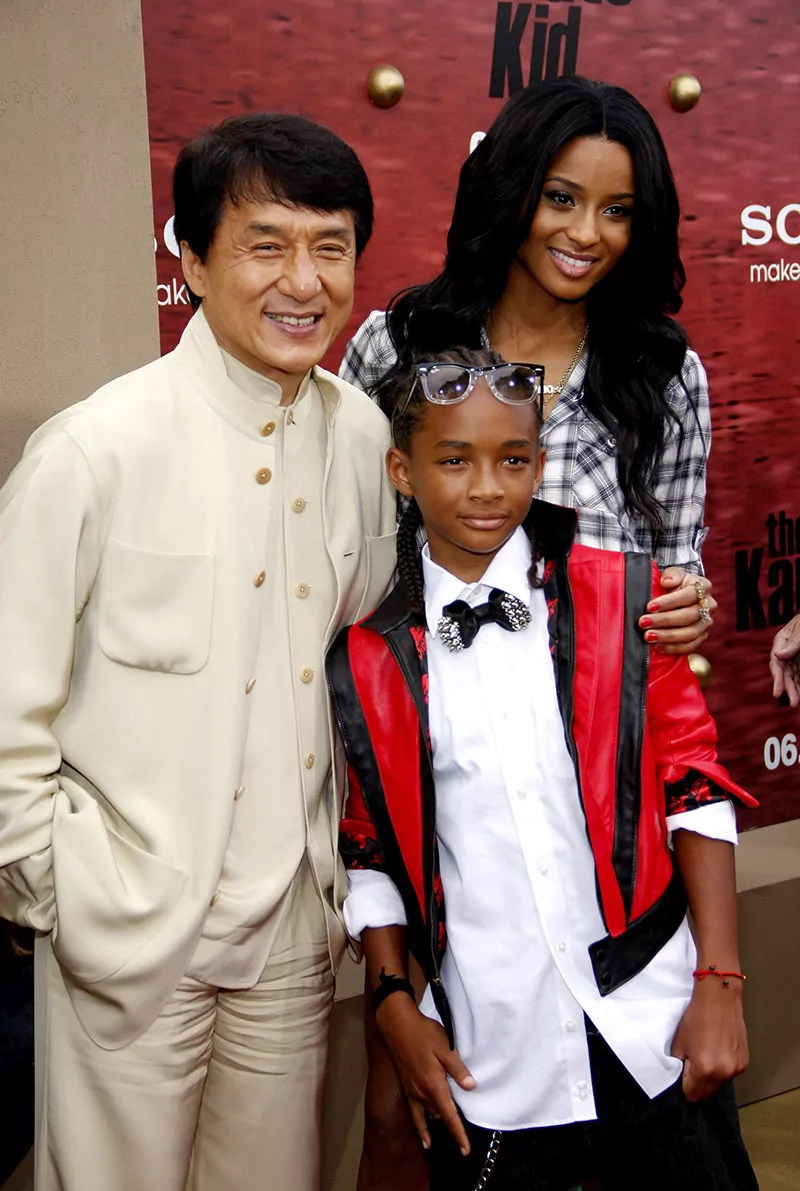
The Karate Kid
In 2010, Chan starred as Mr. Han in The Karate Kid, which was a remake of the 1984 original film that starred Ralph Macchio and the late Pat Morita. Chan and co-star Jaden Smith, Will Smith‘s son, both garnered multiple nominations for their individual performances.
The family film also showed excellent performance at the box office. Ticket sales of $55.7 million during the domestic opening already surpassed the production budget of $40 million. At the end of its run, the movie had reached total gross earnings of $359.1 million.
Chan continued to appear in commercially successful films in the following years. The list includes the next installment to the Police Story franchise and the Chinese movie Dragon Blade, for which he reportedly received a $10 million paycheck.
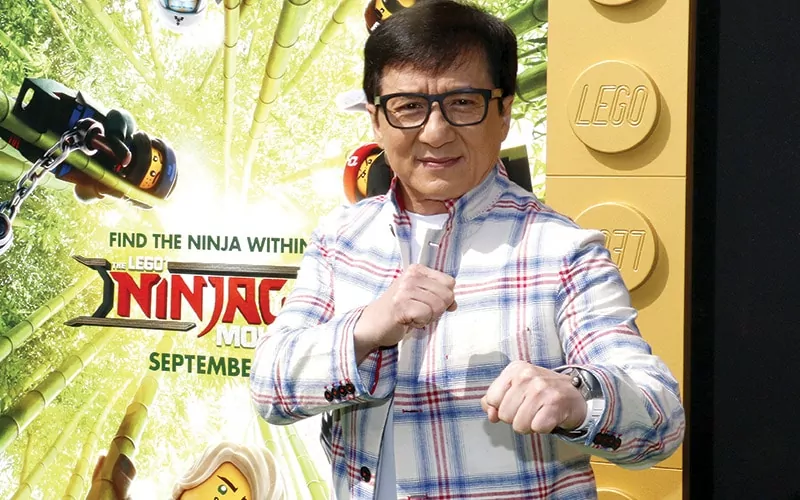
Recent Work
Among Chan’s most recent projects was the 2021 animated fantasy comedy Wish Dragon, which he also produced. He provided the voice for the character of Long in the film. He is also currently directing and producing the upcoming film, The Diary, which is set for release in 2023.
In August 2023, Teenage Mutant Ninja Turtles: Mutant Mayhem released. Chan voiced the character Splinter in the film, which opened to rave reviews from critics and more than $43 million worldwide in ticket sales.

Other Ventures
Jackie Chan’s net worth is greatly impacted by the many film production companies he runs. In 2003, he started the production company JCE Movies Limited, which has produced films like Enter the Phoenix, The Myth, Little Big Soldier, and many more.
In addition, he also holds either sole or partial ownership over multiple additional production companies based in China. He also owns the Jackie Chan Theater International, which he runs with Sparkle Roll Group Ltd.
In 2004, Chan also launched a clothing line called Jackie, with a Chinese dragon as the logo. He also operates a sushi restaurant chain called Jackie’s Kitchen and a café called Jackie Chan’s café with branches in Singapore, Beijing, and the Philippines. There is also the chain of Jackie Chan Signature Club gyms.
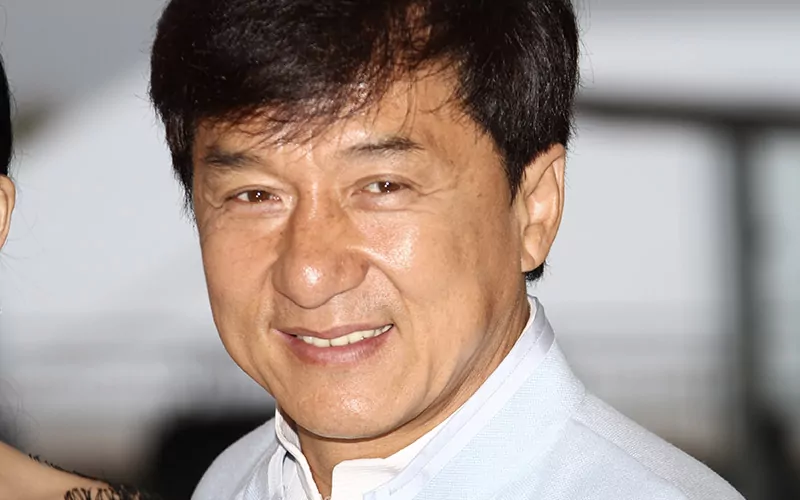
Real Estate
Being quite a savvy businessman, it is no surprise that much of Jackie Chan’s net worth comes in the form of lucrative real estate investments he had made over the years.
In 1998, Chan bought a 7,600 sq. ft. French villa in Beverly Hills for $3 million. Almost ten years later, Chan was able to sell the home at more than double the price of $6.3 million.
More recently, Chan has reportedly shelled out 40 million yuan, equivalent to about $5.6 million, on a luxurious Hangzhou estate. The home is gilded with 18-carat gold and has majestic overlooking views of the Qiantang River.

Personal Life
Jackie Chan got married to Joan Lin from Taiwan in 1982. They have a son named Jaycee Chan, who is both a singer and actor.
Around the end of the 1990s, Chan had a relationship with Elaine Ng Yi-Lei, an actress from Hong Kong. They had a daughter named Etta Ng Chok Lam, born in 1999.
As of 2023, Jackie Chan and Joan Lin are still married.

Jackie Chan’s Net Worth Today
As of 2023, Jackie Chan’s net worth is estimated at $400 million. And while his career as an actor, director, and stuntman makes a sizable impact on that number, his multiple production companies, clothing line, gyms, restaurants, and real estate investments, also significantly affect his net worth.
Chan has no shortage of films coming out over the next few years. He stars in Ride On (original title: Long ma jing shen) and Snafu. He also has Kung Fu Panda 4 in the works, expected to release in 2024. He’ll also voice a character, Zell, in the upcoming animated flick Once Upon a Zodiac.
He also has a number of additional projects in various stages of early development, including Jackie Chan: Down to Earth, which will take an in-depth look at the past four decades of Chan’s work.


Responses